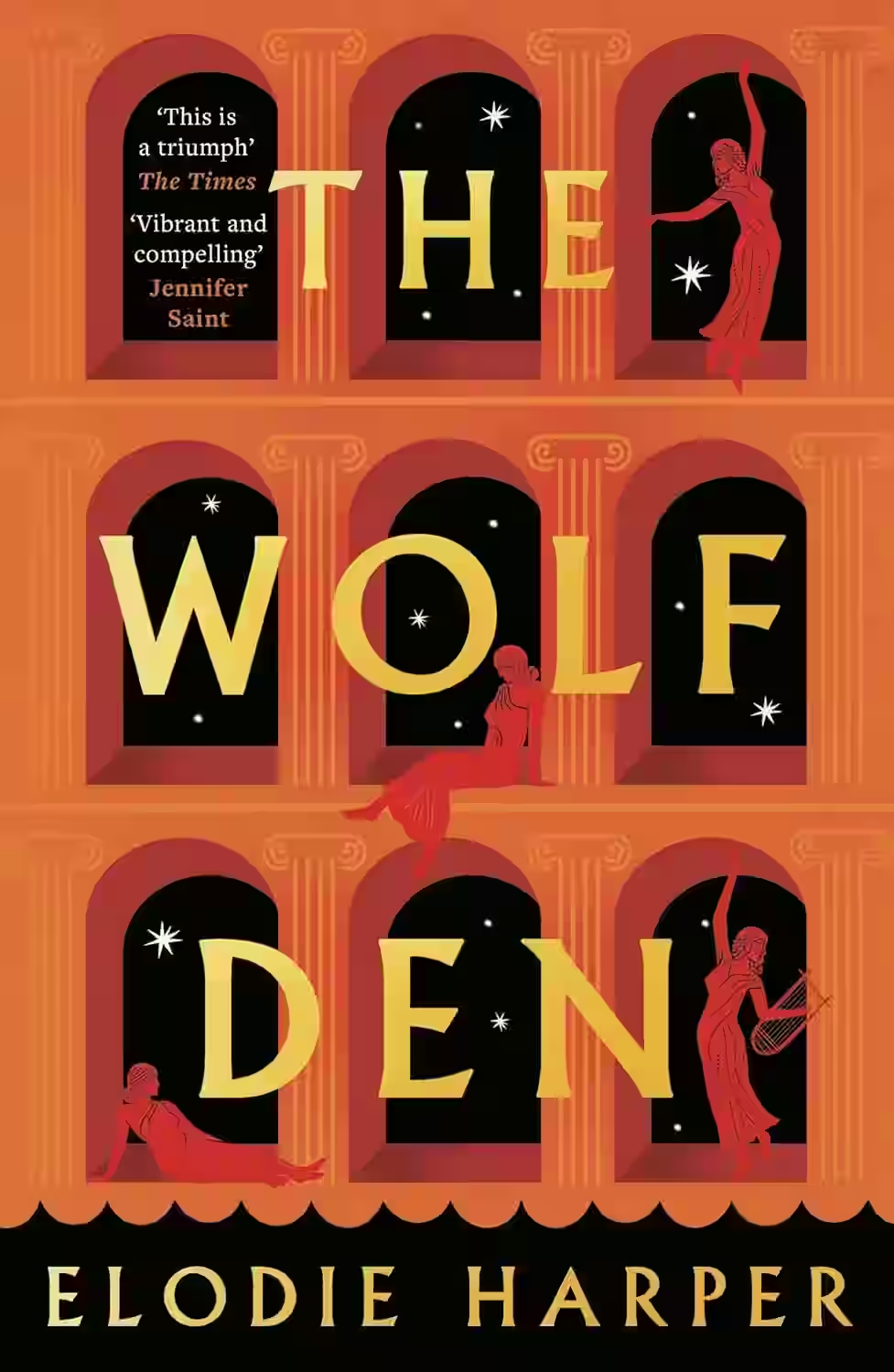
Set in ancient Pompeii, "The Wolf Den" by Elodie Harper immerses readers in the vibrant and perilous world of a brothel and its inhabitants, particularly focusing on Amara, a former doctor's daughter who has been sold into slavery. Through Amara’s eyes, we experience her struggle for survival, autonomy, and friendship in a society that largely commodifies women. Harper’s detailed historical research enriches the narrative, bringing to life the stark realities and occasional triumphs of those trapped by fate. Themes of resilience, companionship, and the quest for self-determination are explored deeply, ensuring readers are both captivated and contemplative about the human condition and societal structures, past and present.
About The Wolf Den Series
The Wolf Den Trilogy by Elodie Harper is a powerful historical fiction series set in ancient Pompeii and Rome, centered on the life of Amara, a former doctor’s daughter sold into slavery. In The Wolf Den, Amara is forced to work in Pompeii’s infamous brothel but refuses to let her spirit be broken. The House with the Golden Door follows her as a freedwoman navigating patronage, secrecy, and survival in a society that still seeks to control her. The trilogy concludes with The Temple of Fortuna, where Amara builds a life in Rome amid rising power and personal stakes. Rich, feminist, and unforgettable.
About Elodie Harper
Elodie Harper is a celebrated British author whose eloquent storytelling and profound exploration of historical narratives have earned her a distinct place in contemporary literature. With degrees in Latin and English Literature from prestigious institutions, Harper has a keen eye for classical themes that infuse her works with depth and authenticity. Among her notable works is the acclaimed 'The Wolf Den' trilogy, which vividly reimagines the lives of women in ancient Pompeii, weaving a tapestry of resilience and survival. Her ability to meld historical accuracy with compelling fiction has resonated widely, impacting both literary audiences and historical enthusiasts alike. Beyond her novels, Harper's journalistic background, particularly with her work as a reporter for ITV News, adds a layer of insightful perspective to her writing. Current reviews celebrate her contributions to revitalizing historical fiction, positioning her as an influential voice in the genre, whose work delves into the intricacies of human vulnerability and strength.
Other Books by Elodie Harper
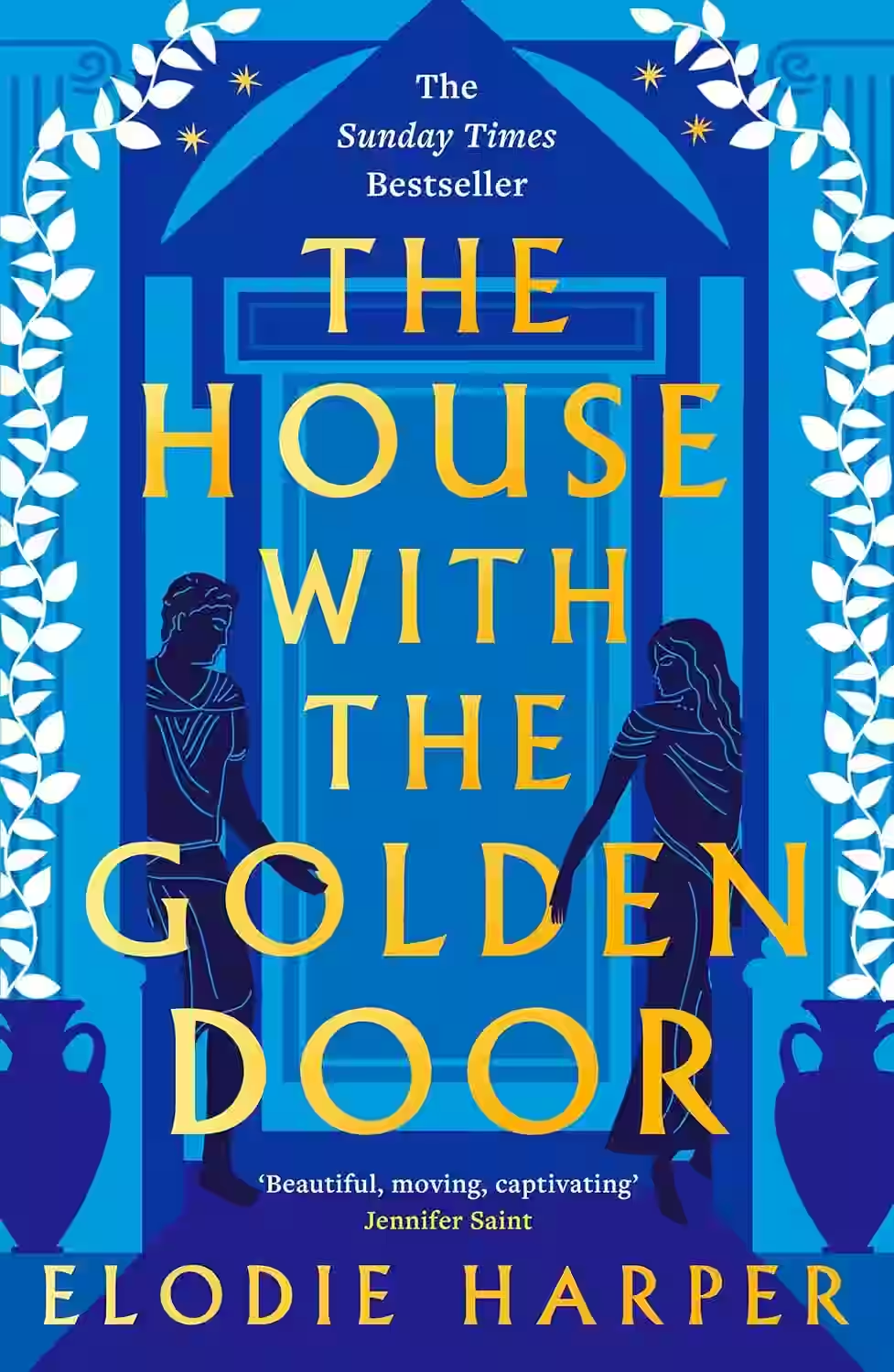
The House With the Golden Door
Series: The Wolf Den (#2)
Elodie Harper's 'The House With the Golden Door' serves as a sequel to 'The Wolf Den,' continuing the captivating journey of Amara, a woman who rises against the odds in the deadly and seductive world of ancient Pompeii. Now freed from her life of forced servitude, Amara navigates the delicate intricacies of power, wealth, and independence as she aims to build a life on her own terms. The novel deftly explores themes of freedom, resilience, and the complex socio-political dynamics of ancient Rome. Harper's immersive storytelling and richly detailed prose breathe life into this atmospheric tale, providing a compelling examination of female empowerment and historical authenticity. Readers are left contemplating the bounds of destiny and perseverance in a meticulously rendered historical landscape.
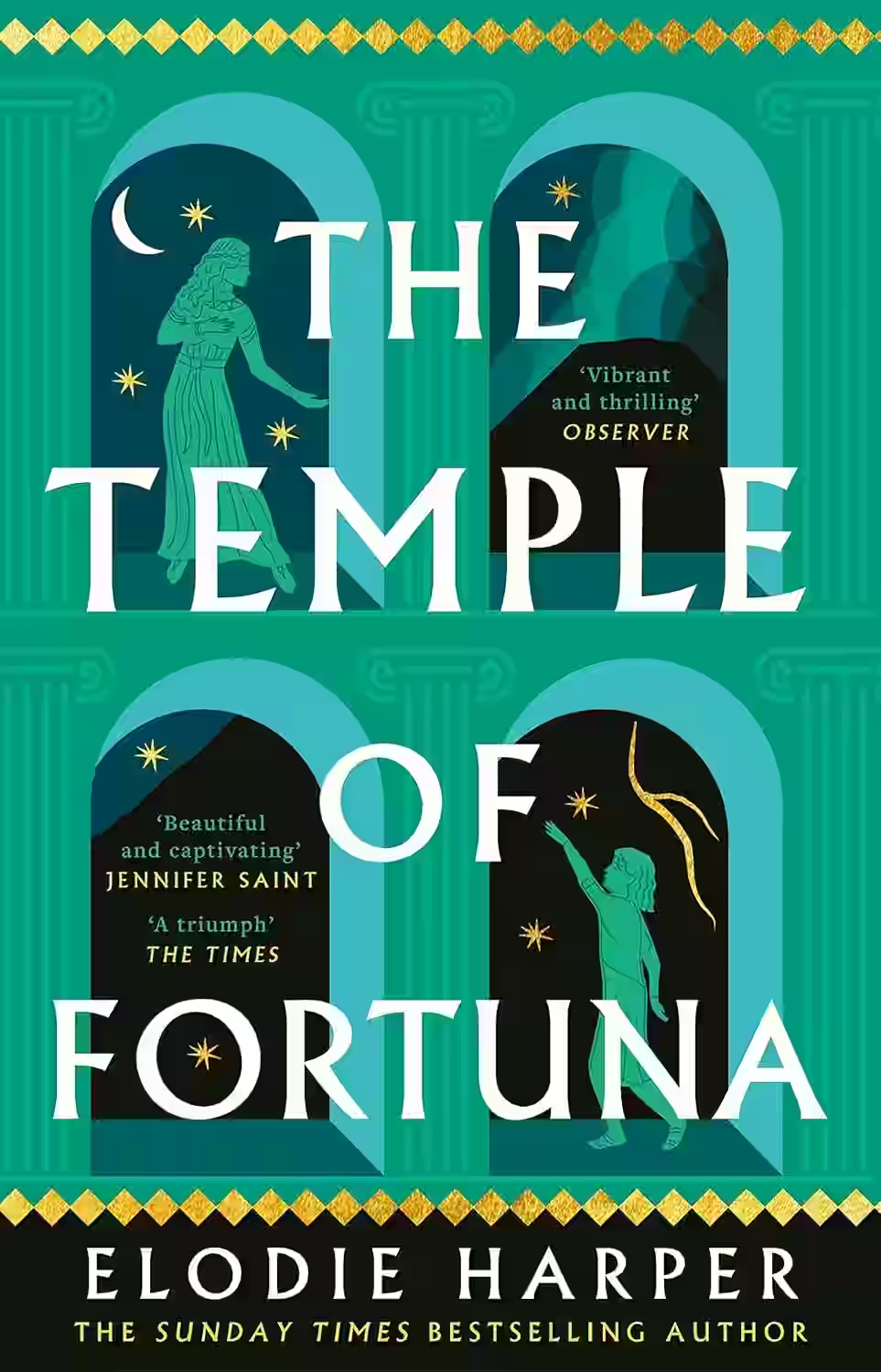
The Temple of Fortuna
Series: The Wolf Den (#3)
Elodie Harper's 'The Temple of Fortuna' is a captivating historical fiction novel set in the vibrant and tumultuous city of Pompeii. The story intricately weaves the lives of its richly drawn characters against the backdrop of impending volcanic disaster. The protagonist, Amara, is a resilient woman navigating the complexities of love, destiny, and survival. Harper expertly explores themes of fate versus free will, as well as the ephemeral nature of luck embodied by the goddess Fortuna. With lyrical prose and meticulous historical detail, the novel paints a vivid picture of life in ancient Rome, while also delivering a narrative punctuated by tension and emotion. 'The Temple of Fortuna' will resonate with readers who appreciate rich storytelling and well-crafted historical settings.
Similar Books
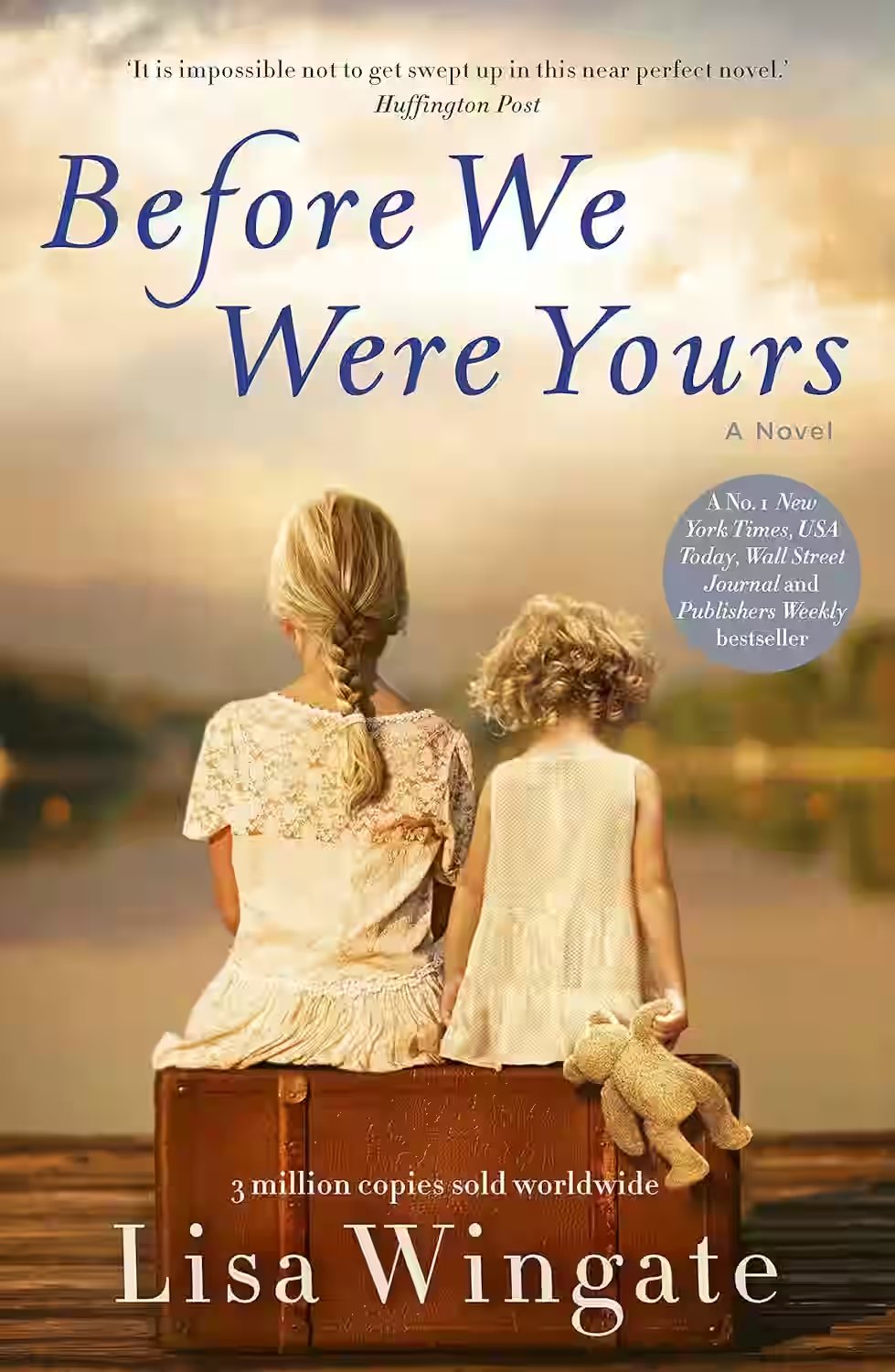
Before We Were Yours
by Lisa Wingate
Lisa Wingate's 'Before We Were Yours' is a poignant and gripping tale that delves into one of America's most heartbreaking real-life scandals. Set in two timelines, it juxtaposes the 1939 story of the Foss siblings, torn apart by an orphanage that sold poor children to wealthy families, with a modern-day investigation led by Avery Stafford, who is drawn into her family's hidden past. The novel skillfully explores themes of identity, family bonds, and the pursuit of justice. Wingate's rich character development and emotive storytelling result in a powerful narrative that captivates readers, prompting reflection on the resilience of the human spirit.
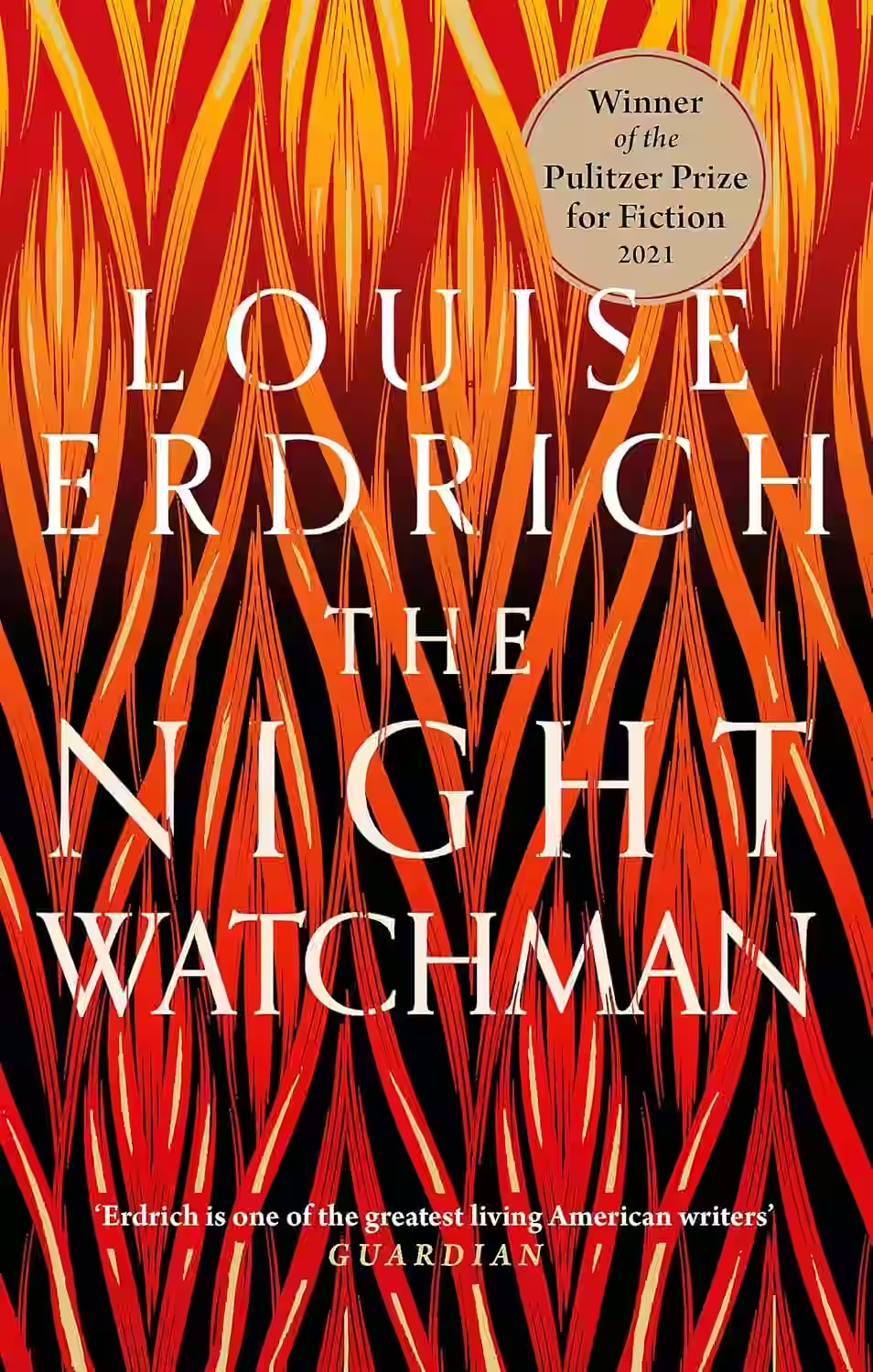
The Night Watchman
by Louise Erdrich, William D. Danko
In Louise Erdrich's 'The Night Watchman,' readers are immersed in a rich tapestry of interconnected lives set against the backdrop of Native American rights activism in the 1950s. Through the character of Thomas Wazhushk, a night watchman and tribal chairman, Erdrich weaves a compelling narrative that explores the challenges faced by the Turtle Mountain Band of Chippewa Indians. The novel delves into themes of identity, resilience, and the fight for justice as Thomas navigates his dual roles and confronts the threat of dispossession. Erdrich's lyrical prose and poignant storytelling make 'The Night Watchman' a powerful and thought-provoking read.
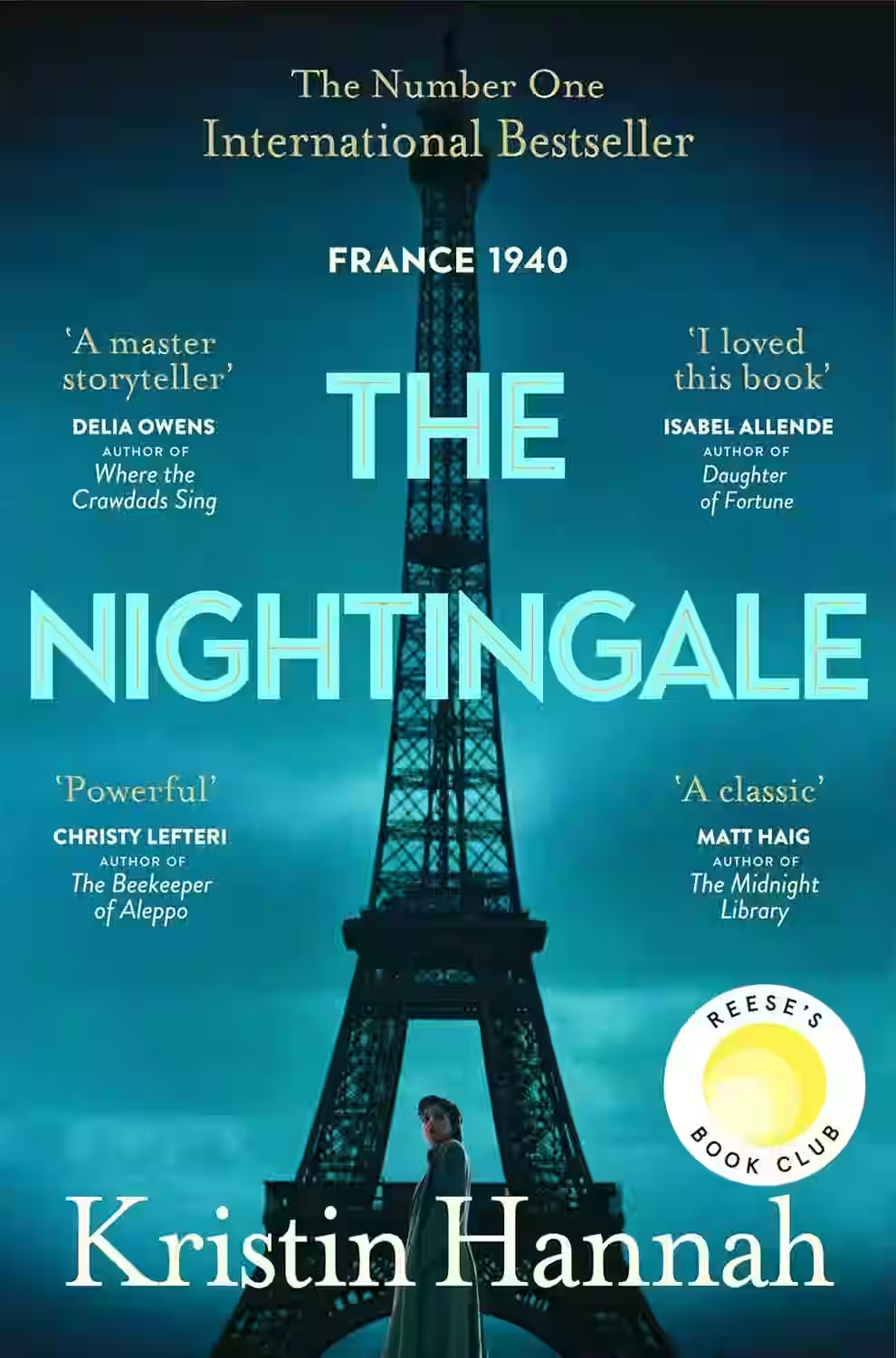
The Nightingale
Kristin Hannah's 'The Nightingale' is a poignant tale set in Nazi-occupied France during World War II, following the lives of two sisters, Vianne and Isabelle, as they navigate love, sacrifice, and resistance. Vianne, a mother and wife, faces impossible choices to protect her family, while Isabelle joins the French Resistance, risking everything to fight for freedom. The novel beautifully captures the complexities of human relationships, the horrors of war, and the strength of women in the face of adversity. Through vivid storytelling and well-developed characters, Hannah weaves a gripping narrative that will tug at your heartstrings and linger in your thoughts long after finishing the last page.
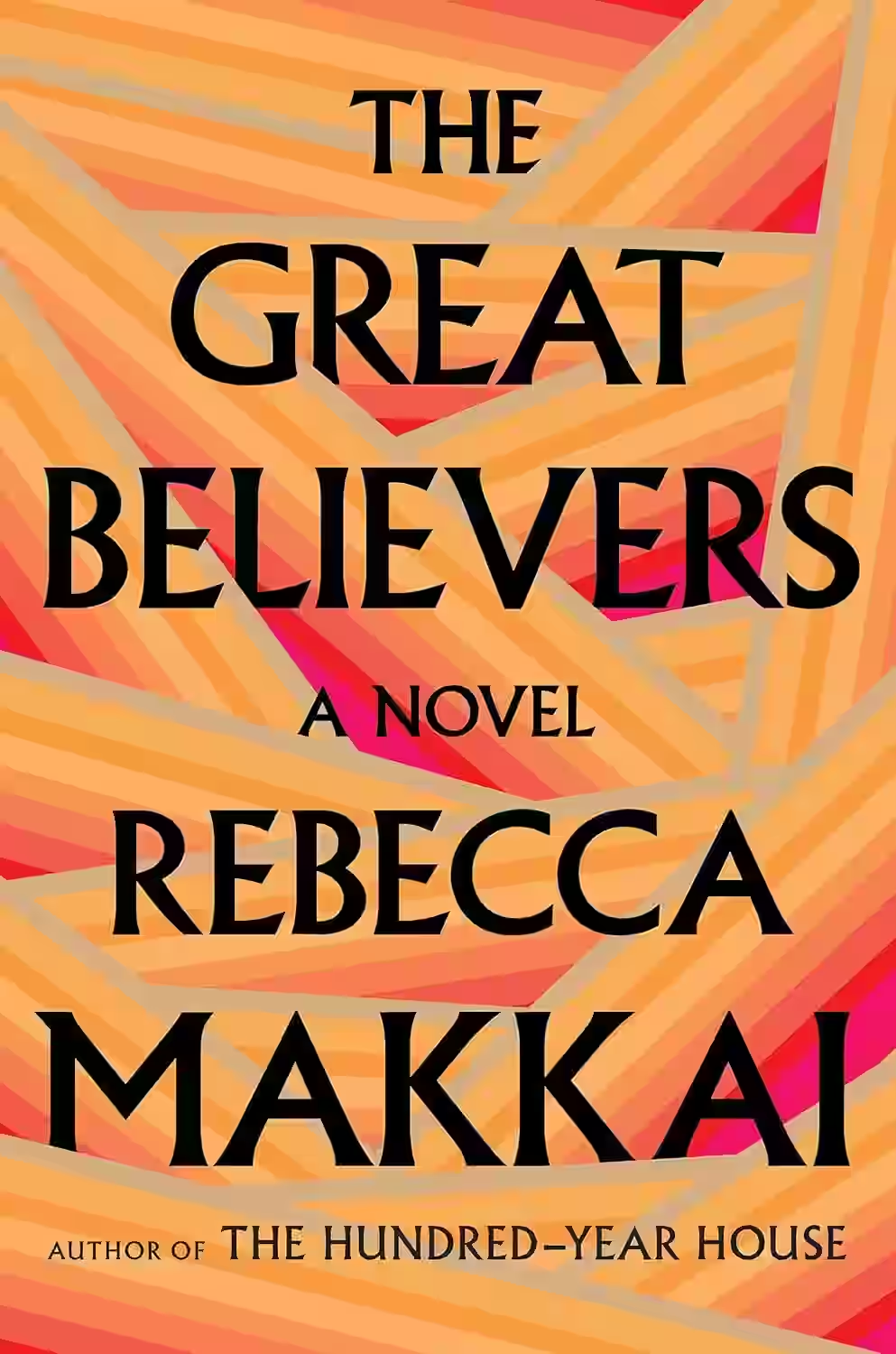
The Great Believers
In 'The Great Believers' by Rebecca Makkai, the narrative seamlessly weaves between two timelines - the 1980s at the height of the AIDS epidemic in Chicago and 2015 in Paris. The story follows Yale, a gay man grappling with loss and love during the crisis, and Fiona, a woman searching for her daughter in the present timeline, connected by a shared tragedy. Makkai explores themes of friendship, resilience, and the devastating impact of the epidemic on the LGBTQ+ community with grace and sensitivity. The novel powerfully captures the emotions of grief, hope, and the enduring power of human connection.